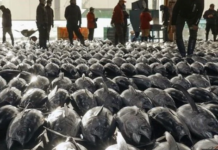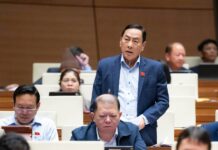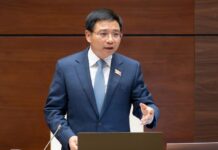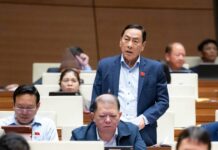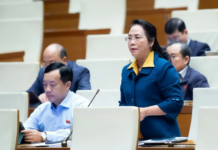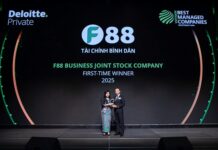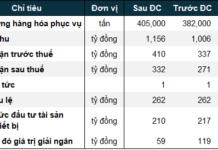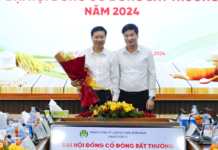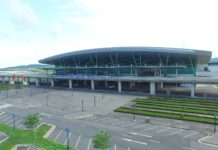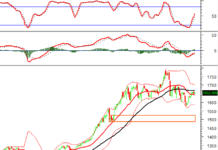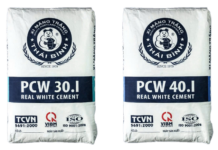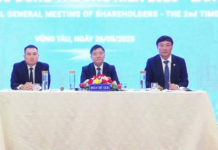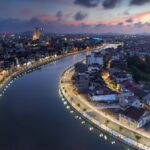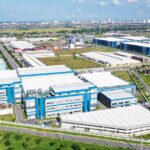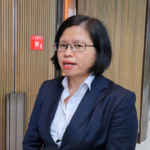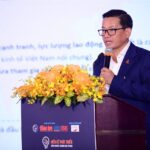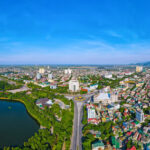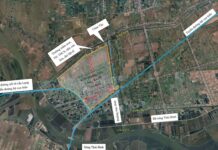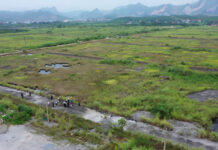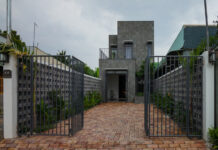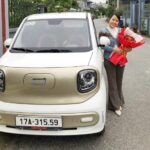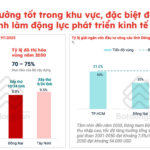The Global Landscape: New Standards for Industrial Development
Globally, escalating costs in construction materials, energy, and logistics are intensifying, impacting the ability to invest in new factory expansions. Simultaneously, nations and multinational corporations are setting higher standards for industrial parks (IPs): they must be “green,” “smart,” and compliant with ESG (Environmental, Social, Governance) criteria. Investors are no longer solely focused on cost-effectiveness; they demand sustainability, operational efficiency, low energy costs, and robust risk management.
Additionally, trade wars and new tariff policies are reshaping global investment flows. Vietnam, a pivotal player in the global supply chain, is affected by U.S. tariffs and shifting import-export regulations in key markets. The OECD’s Economic Surveys: Vietnam 2025 report highlights that maintaining Vietnam’s FDI inflows will become increasingly challenging as export taxes rise.
Amidst this, regional competitors like Thailand, Indonesia, and Malaysia are enhancing logistics infrastructure, urban-industrial connectivity, tax incentives, and land benefits to attract major investors. Without significant advancements in institutional reform, technology, and planning, Vietnam risks losing its competitive edge.
To thrive, Vietnamese IP developers must address investors’ key concerns. First, rising costs in industrial land, construction, labor, and energy are impacting expected returns. Second, investors increasingly prioritize stable power supply, waste management, transportation connectivity, telecommunications, and efficient logistics. IPs that offer only basic infrastructure will struggle to compete.
Solutions from ROX iPark’s Practical Approach
Attracting FDI to Vietnamese IPs goes beyond offering competitive land rental rates; it’s about creating a sustainable, modern, and investor-friendly production environment. This approach not only enhances domestic enterprises’ competitiveness but also solidifies Vietnam’s position as a strategic hub in the global supply chain.
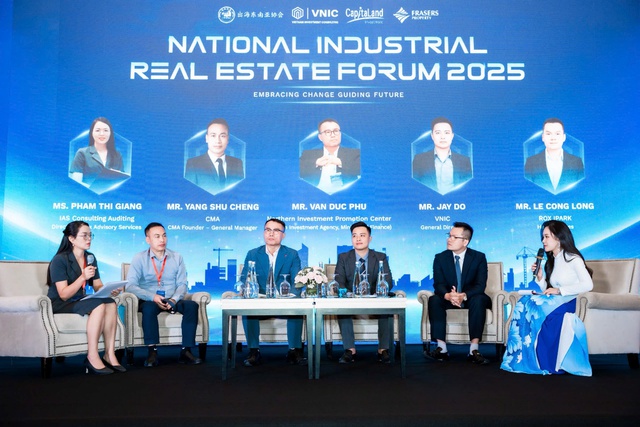
At the 2025 National Industrial Real Estate Forum, ROX iPark representatives emphasized their focus on long-term sustainable development over short-term price competition. Key initiatives include maintaining reasonable rental rates while providing added value through legal support, workforce solutions, and smart IP management. Additionally, ROX iPark is developing ESG-compliant infrastructure, including wastewater treatment systems, energy-efficient solutions, expanded green spaces, and digital technology integration for operations. The company also prioritizes building a comprehensive ecosystem to expedite project implementation and minimize risks for investors, rather than merely leasing land.
Projects like Quang Minh, Gia Lộc, Minh Quang, and Quế Võ III exemplify ROX iPark’s commitment to this vision.
In the first eight months of 2025, registered FDI reached approximately $26.14 billion, a 27.3% increase from the same period in 2024, with disbursed capital hitting $15.4 billion—the highest in five years. These figures underscore international investors’ unwavering confidence in Vietnam. They highlight Vietnam’s continued appeal as a secure, adaptable, and attractive investment destination, driven by both macroeconomic policies and the efforts of developers like ROX iPark to enhance service quality.
Luxury Living and Investment Opportunities in Hai Phong: A Rising Demand
An emerging community of international experts, high-income managers, engineers, and intellectuals is taking shape, fueling demand for premium residences in this rapidly ascending port city.
Forging a Vietnamese Mechanical Alliance: Beyond the Assembly Line
Uniting Vietnam’s leading enterprises unlocks the potential to create groundbreaking products and projects of global scale. Conversely, if each company remains siloed within its niche, Vietnamese businesses risk perpetuating a cycle of outsourcing and dependency.





